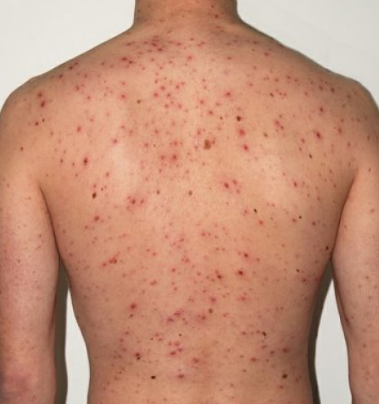Researchers from the Agency for Science, Technology and Research (A*STAR) and the National Healthcare Group (NHG) have jointly pioneered an innovative imaging technique combining Multispectral Optoacoustic Tomography (MSOT) with artificial intelligence that could significantly improve the diagnosis and treatment of basal cell carcinoma (BCC), the most common form of skin cancer worldwide. This advanced technique uses photoacoustic imaging (PAI), enhanced by an automated segmentation algorithm, to provide real-time , high-resolution, three-dimensional images of skin tumors. By accurately mapping tumor boundaries, the technology helps doctors plan surgeries with greater precision, reducing the risk of repeat procedures and improving patient outcomes.
Details of the technology and its early testing have been published in the European Journal of Nuclear Medicine and Molecular Imaging . Revolutionizing skin cancer care in Singapore BCC is the most common type of skin cancer globally, with rising numbers reported in Singapore, particularly among the nation's aging population. Existing diagnostic methods, such as biopsy and Mohs micrographic surgery, can be uncomfortable and prolonged, often requiring multiple procedures to confirm the extent of the tumor and ensure complete removal.

To address these challenges, through a first-in-human clinical study, scientists from A*STAR Skin Research Labs (A*STAR SRL) and NHG's National Skin Center (NSC) have developed a new approach that combines an advanced segmentation algorithm with PAI. By automatically identifying the precise shape and size of skin tumors, the AI-powered system reduces the need for manual interpretation and speeds up the diagnostic process. This advanced imaging technology captures detailed 3D views of tumors, including measurements of width, depth and volume, while reaching deeper layers of skin than conventional tools.
By providing clearer insights into tumor boundaries, the system supports more accurate surgical planning, helping to minimize repeat surgeries and improve recovery experiences for patients. Promising early results and future potential The technology is currently being tested at NSC, where eight patients have participated in a pilot study . In these cases, MSOT was used to scan tumors before surgery, with early findings closely matching results from the diagnostic methods currently used to confirm skin cancer.
"Early results have been very promising, showing strong alignment with existing diagnostic methods. We are now focused on bringing this technology closer to real-world clinical use to benefit skin cancer patients," said Prof Malini Olivo, distinguished principal scientist who, with Assoc. Prof.
U.S. Dinish, principal investigator at A*STAR SRL, are co-authors of the study.
While the current study focuses on BCC, researchers believe the technology could also be adapted to detect other types of skin cancer seen in Singapore and the region. "NHG has always been exploring ways to transform and impact care for our patients. We are very excited that our National Skin Center is the first in the region to use reflectance confocal microscopy for the diagnosis of skin cancer in place of biopsy.
With this, we aim to individualize surgery for our patients, reducing mortality and morbidity for them," said Prof Steven Thng, deputy director and senior consultant, National Skin Center, NHG, and co-author of the study. More information: Xiuting Li et al, A proof-of-concept study for precise mapping of pigmented basal cell carcinoma in asian skin using multispectral optoacoustic tomography imaging with level set segmentation, European Journal of Nuclear Medicine and Molecular Imaging (2025). DOI: 10.
1007/s00259-025-07072-x.
Health

Scientists pioneer noninvasive 3D imaging to enhance skin cancer management

Researchers from the Agency for Science, Technology and Research (A*STAR) and the National Healthcare Group (NHG) have jointly pioneered an innovative imaging technique combining Multispectral Optoacoustic Tomography (MSOT) with artificial intelligence that could significantly improve the diagnosis and treatment of basal cell carcinoma (BCC), the most common form of skin cancer worldwide.













